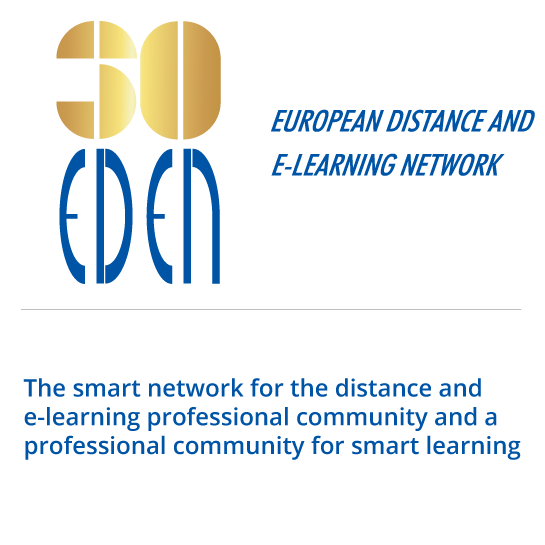Complex Changes, Accelerated Transformations
The landscape of learning in the past few years has been changing substantially.
The ever-improving performance of mobile devices and the development of networking infrastructure continue to increase the appeal of new powerful instruments. The rapid spread of technologies, reflected in their untameable demand and use, the momentous development of research as well as practices inevitably transform the information society – mostly outside of institutional settings and often along unexpected pathways.
Whilst there is growing public interest and high demand worldwide for knowledge and education, and intensive social media movements are experienced both on the provider and user communities side, the issue of skills deficit is contributing to the critical public approach.
What the Society Would Expect
The increased amount and improved quality of new digital content in learning are furthering rapid transformation of user habits and the social impact of new technologies. The re-interpretation of the terms ‘openness’, ‘resource management’ and ‘IPRs’ have also altered socio-economic and cultural aspects considerably.
The movement for openness of learning content and courseware is pushing a paradigm change and a need for new approaches in using ICT. New educational business models and stakeholder alliances emerge, supported by fresh social and economic demands and clusters of interest. The emergence of low cost models in education warns all sectors, particularly universities.
All of this places new challenges on the educational system. The education and training sector needs to improve its effi ciency by scaling up innovative solutions to better meet the current requirements of society.
Quest for Enhanced Digital Pedagogy
Research workshops and innovative projects often deal with and provide systematic data analysis, smart observations and validation. As new functions and interactions between students, teachers, researchers and managers emerge, their contributions are shaping the processes, more than ever before.
Deeper knowledge and refl ective responses to the question of How we learn could greatly enhance the efficiency of ICT-supported education. Important partners from interdisciplinary fields like brain sciences can help to discover the cognitive processes in the world of learning.
The Challenge of the Expanding Learning Scenarios
How can the progressive and innovative academic and professional international community contribute in 2015 to the better understanding of the above expansion of the educational landscape?
The traditional classroom (four walls, one teacher, the learners and a few learning resources) is no longer an ideal place for education. Learning scenarios need to be more permeable to what happens outside these four walls.
There are great opportunities for and availabilities of modern solutions. Meanwhile, the gaps in the system, bottlenecks in achieving higher impact still prevail. We are missing achievements in the burning issues of employment, corporate co-operations, anticipating and preparing for the jobs of the future, strengthening vocational and in-company learning.
The responsibility of the scholarly community includes significant contributions to widening the concept of knowledge and its role in society and exploiting transformative knowledge to drive social change. The tasks lead us to the recognition of renowned reflections of practice that support paradigm-changing transformations based on systematic knowledge.
For Europe, as the focus of the new educational programme, Erasmus+ indicates, priorities include serious enhancement of mobility in the education and training sector. This implies an impact for the increased and better use of ICTs (virtual mobility), a challenge for the learning innovation field as well.
Find out more on the Conference Themes and on the Submission Guidance.
Equality and Diversity Statement
EDEN highly values diversity and unbiased treatment. We recognise that different people bring different attitudes, opinions, ideas and knowledge, history and culture to our events, therefore our mission is to provide opportunities to everyone. True to these core values, we invite and encourage paper submissions from all.

